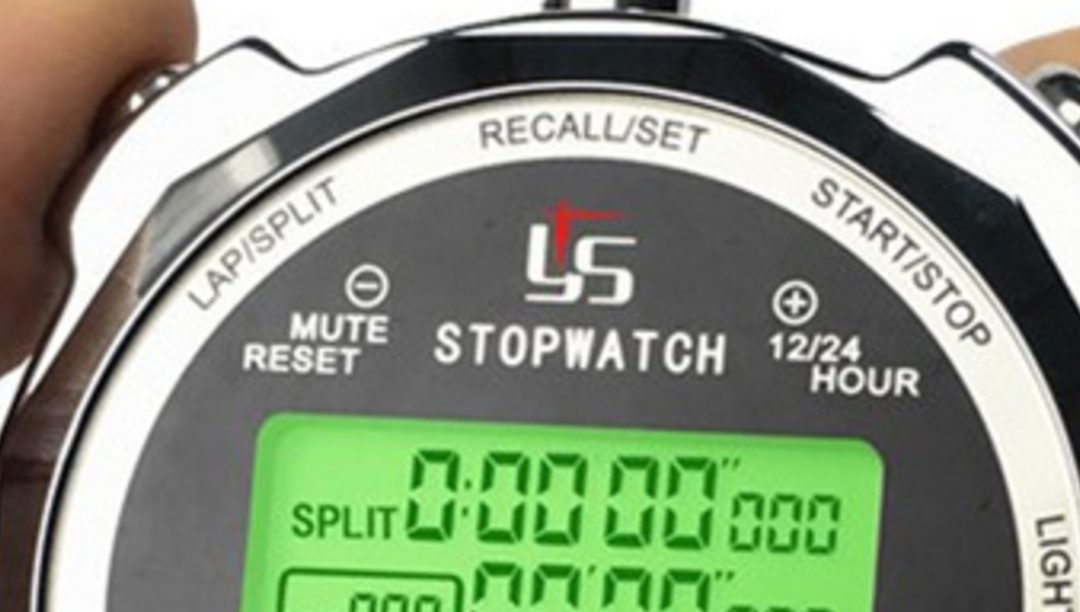Our world hangs together with data. To assess processes and performance, we rely on kpi’s. To understand the potential for improvement in our processes, we study the processes and underlying parameters based on measurements. Ideally, we support our decisions with data to take out the emotion. Our experienced Master Black Belt consultants Ed van Denen and Niels Heuthorst will discuss the how and why of Measurement System Analysis (MSA). Jeroen van der Weerdt, Master Black Belt at Tata Steel, will discuss the exciting practice at Tata Steel.
How reliable is the data from our measurements?
Can we even trust the data from our measurements? How do we know if the measurements are precise enough and stable? Can we say something about the quality of the measurements so that we can be sure that the measurements tell us something about ACTUALITY (situation/process)? Is Measurement System Analysis (MSA) only for quality departments in industry or rather much more broadly applicable and also in service environments?
Target
The purpose of this webinar is to increase understanding of MSA
For whom.
This webinar is designed for those who work with data to draw conclusions, such as process improvers and managers. Prior statistical knowledge is not necessary.
Program
We demonstrate the value of MSA through 3 real-world examples. The 3 examples each address a specific component of MSA:
Example 1: Type 1 Gage Study
Before starting an improvement project or monitoring process performance, confirm that the data is correct. For automatic or in-line measurements, a
Type 1 Gage Study
to determine whether there is a structural bias (Bias) or excessive variation. Ed van Deenen of Symbol discusses an example. Ed is a Master Black Belt / Trainer Consultant at Symbol and in his role he helps companies launch improvement projects and also implement Statistical Process Control (SPC), for example.
Example 2: Gage R&R Study
Measurements are influenced not only by the measurement instrument, but by the entire measurement process and conditions. Niels Heuthorst of Symbol tells from his own experience how measurements are often made too complex and results tell you very little about the actual process you want to know about. By linking to the
Gage R&R Study
he makes clear the importance of MSA. Niels is a Master Black Belt and Lead Consultant at Symbol. From his role with Symbol’s clients, he helps them select their improvement goals, maintain focus and realize real improvements.
Example 3: Attribute Agreement Studies
Within Tata Steel’s production processes, personal observations are still used in several places as an assessment of process performance. To determine whether this form of visual assessment is reproducible and consistent, use is made of
Attribute Agreement Studies
. In the webinar, our guest Jeroen van der Weerdt of Tata Steel will discuss the Attribute Agreement method and the results. Jeroen is a Master Black Belt at Tata Steel in IJmuiden. Within this position, he and several colleagues are responsible for the six sigma program. Tata Steel is a steel producer whose main customer is the automotive industry. In addition, the packaging industry is a growth market from which much is expected.
Watch webinar
This webinar has already taken place. Missed? Then click on the link below and watch the replay. After registering, you will immediately receive the viewing link.

Recent Comments